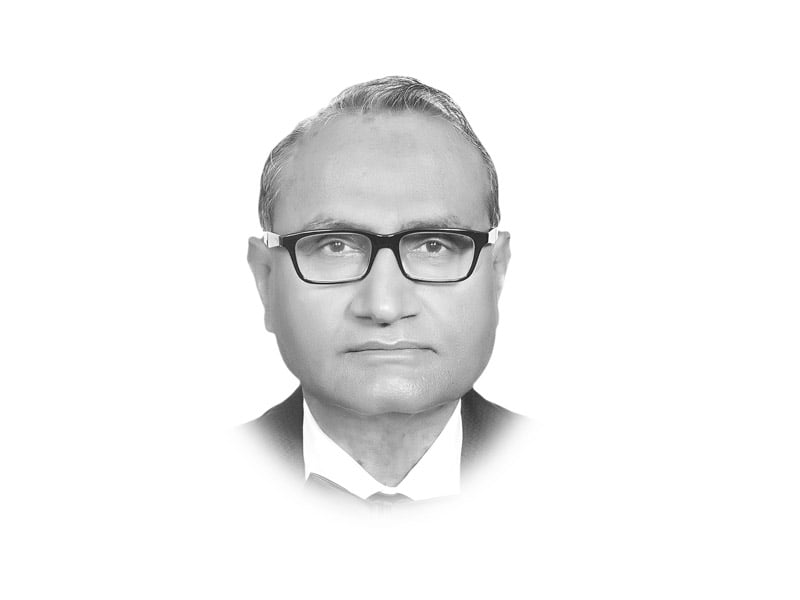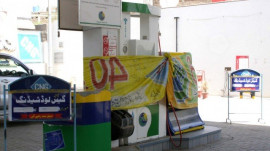

It took the government two years to announce the increase in the minimum EOBI pension and almost one year to make it effective. Still, there is many a slip between the cup and the lip. Since the devolution of the subject of labour under the 18th Amendment, the scandal-ridden EOBI has become a football between the federal and provincial governments. The issue will certainly provide some fireworks in the meetings of the just set up Eighth National Finance Commission. Despite a 46 per cent increase, the minimum pension is still lower than the minimum pension of the government servants by 13.5 per cent. Interestingly, the workers contribute one per cent of the minimum wage towards their pension, while the government servants contribute nothing. Employers have taken advantage of the failure to clear up the legal tangles related to minimum wage. Going beyond its jurisdiction, the federal government increased it from Rs10,000 to Rs12,000. A range of Rs9,000-15,000 is floating around, as no labour department in any province has published the notification on its website.
Why should the federal government announce what it cannot fully enforce even in Islamabad? The laws require a tripartite consultation among workers, employers and government. There are also laws about safety, health and housing. But there is only a privatisation policy, no labour policy. A steep decline in union membership has weakened the workers’ organisations. Industrial accidents have increased, fires are common and work without a written contract is rampant. Only one-third of those employed outside of agriculture are formal workers. But for the conditions imposed by the GSP Plus status with the European Union, the condition of labour would have been forgotten completely. A labour policy was promised in the last Punjab budget. It is perhaps, not on the agenda of the dynamic chief minister.
Between 2010-11 and 2012-13, 2.5 million entered the workforce but only 2.17 million found it. This is on top of the continuing backlog feeding a reserve army of the unemployed. In a country where safety nets of all sorts amounted to Rs89 billion or Rs23,860 per unemployed person in 2012-13, there is no alternative to work. Without concrete policies to ensure decent full employment, a socially stable economy will remain a dream.
Published in The Express Tribune, May 1st, 2015.
Like Opinion & Editorial on Facebook, follow @ETOpEd on Twitter to receive all updates on all our daily pieces.



1725967717-0/Untitled-design-(3)1725967717-0-165x106.webp)
1719925273-0/BeFunky-collage-(46)1719925273-0-165x106.webp)












COMMENTS
Comments are moderated and generally will be posted if they are on-topic and not abusive.
For more information, please see our Comments FAQ